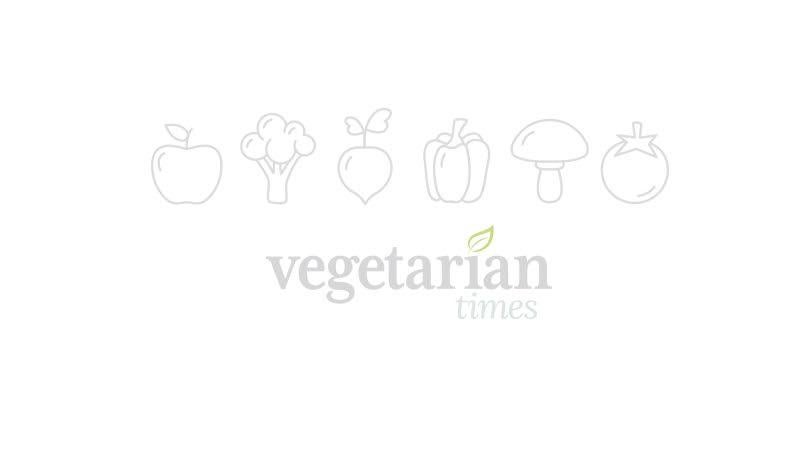Rescue and Refuge: Q&A with Gene Baur of Farm Sanctuary

Gene Baur, President and Co-Founder of Farm Sanctuary. Photography: Derek Goodwin
Gene Baur is the President and Co-Founder of Farm Sanctuary, a farm animal protection organization that runs the largest rescue and refuge network for farm animals in North America. Through his campaigns, Baur educates the public by uncovering the detrimental realities of factory farming. We asked him a few questions about the environmental impact of factory farms.
How do you reach out to people?
We want people to learn more, so we hand out literature about the truths of factory farming. We encourage people to be mindful of their food choices and to eat in a way that is consistent with their values and interest in preserving the environment. There is growing evidence that links animal farming to environmental destruction. We want to take care of the earth and not destroy it.
What are some of the most important facts to know about factory farming’s effect on our environment?
Factory farms are the top contributors to global warming. Most people don’t realize they require enormous amounts of fossil fuels. One meat meal requires 16 times more fossil fuels than one vegetarian meal. Taxpayers subsidize our food system by supporting government policy (which provides cheap corn and soybeans to farmers to feed their livestock). The prices of meat are artificially low. These crops are fertilized with petro-chemicals, so fuel is required to plant crops.
Water is a precious resource. There is a 10:1 ratio in terms of water resources necessary for meat production versus vegetarian food production. The”externalities” or external costs of factory farms include polluted surface and ground water due to untreated manure lagoons that are basically just liquid waste. There was a theory that anaerobic decomposition would decay it all. However, when it rains, these lagoons overflow. This also causes a destruction of property values because of the stench.
For those who don’t want to make the switch to veganism, what are some ways they can make a difference?
Try being vegan or vegetarian one day a week or make an effort to be vegan meal by meal. Explore new options. There are some great vegan restaurants. Encourage other people to learn more about their food and make more conscientious decisions. Try something creative in the kitchen. Eat more fruits and vegetables.
That said, adopting a vegan lifestyle is the single most influential thing you can do to help the planet. Factory farms mislead consumers by saying that their animals are treated humanely. When there is transparency within these industries, change is inevitable.
To learn more go to:
www.vegforlife.com
www.farmsanctuary.com
Anna Monette Roberts, Editorial Intern